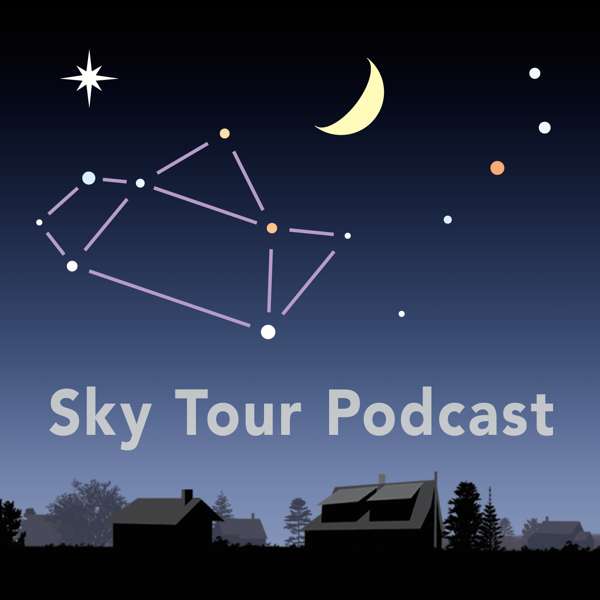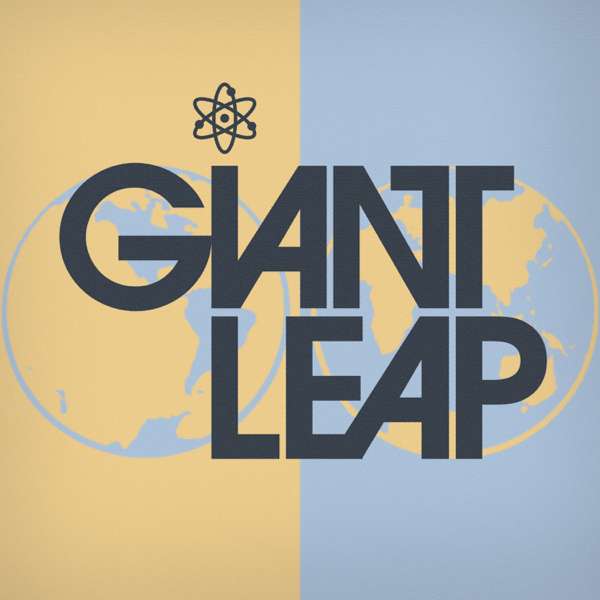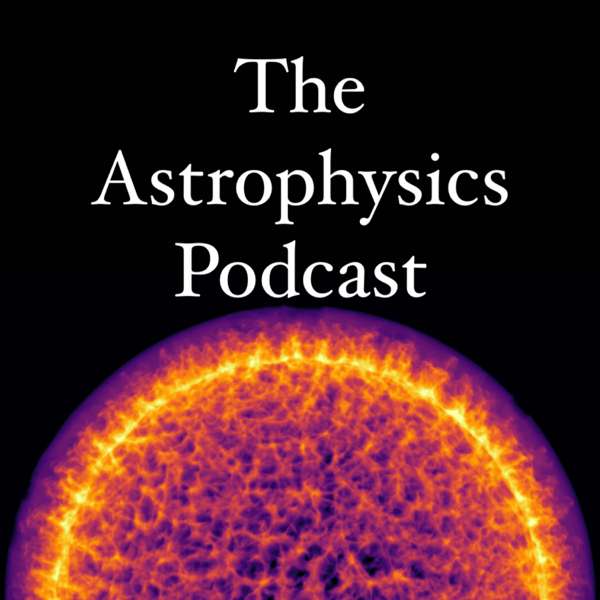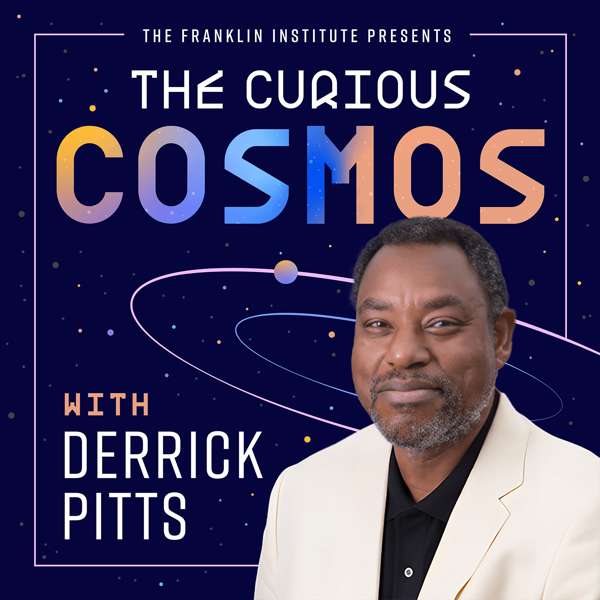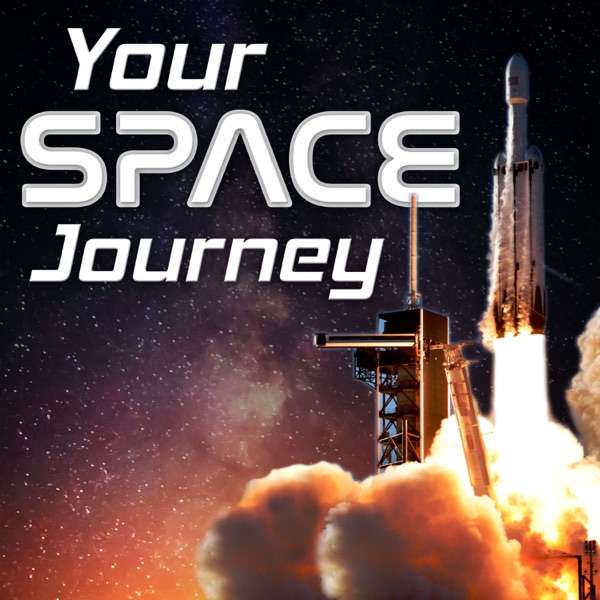The Total Emptiness of Cosmic Voids.
How do we actually define voids? Are there regions within them that are truly empty? What would it be like to be inside one? I discuss these questions and more in today’s Ask a Spaceman!
Support the show: http://www.patreon.com/pmsutter
All episodes: http://www.AskASpaceman.com
Watch on YouTube: http://www.youtube.com/PaulMSutter
Read a book: http://www.pmsutter/book
Keep those questions about space, science, astronomy, astrophysics, physics, and cosmology coming to #AskASpaceman for COMPLETE KNOWLEDGE OF TIME AND SPACE!
Big thanks to my top Patreon supporters this month: Justin G, Chris L, Alberto M, Duncan M, Corey D, Michael P, Naila, Sam R, John S, Joshua, Scott M, Rob H, Scott M, Louis M, John W, Alexis, Gilbert M, Rob W, Jessica M, Jules R, Jim L, David S, Scott R, Heather, Mike S, Pete H, Steve S, wahtwahtbird, Lisa R, Couzy, Kevin B, Michael B, Aileen G, Don T, Steven W, Deborah A, Michael J, Phillip L, Mark R, Alan B, Craig B, Mark F, Richard K, Stace J, Stephen J, Joe R, David P, Justin, Robert B, Sean M, Tracy F, Sarah K, Ella F, Thomas K, James C, Syamkumar M, Homer V, Mark D, Bruce A, Tim Z, Linda C, The Tired Jedi, Gary K, David W, dhr18, Lode D, Bob C, Red B, Stephen A, James R, Robert O, Lynn D, Allen E, Michael S, Reinaldo A, Sheryl, David W, Sue T, Chris, Michael S, Erlend A, James D, Larry D, Karl W, Den K, George B, Tom B, Edward K, Catherine B, John M, Craig M, Scott K, Vivek D, and Barbara C!
Hosted by Dr. Paul M. Sutter.
We've added a new way to donate to 365 Days of Astronomy to support editing, hosting, and production costs.
Just visit: https://www.patreon.com/365DaysOfAstronomy and donate as much as you can!
Share the podcast with your friends and send the Patreon link to them too!
Every bit helps! Thank you!
------------------------------------
Do go visit http://www.redbubble.com/people/CosmoQuestX/shop for cool Astronomy Cast and CosmoQuest t-shirts, coffee mugs and other awesomeness!
http://cosmoquest.org/Donate This show is made possible through your donations.
Thank you! (Haven't donated? It's not too late! Just click!)
------------------------------------
The 365 Days of Astronomy Podcast is produced by the Planetary Science Institute. http://www.psi.edu
Visit us on the web at 365DaysOfAstronomy.org or email us at info@365DaysOfAstronomy.org.

 Our TOPPODCAST Picks
Our TOPPODCAST Picks  Stay Connected
Stay Connected


